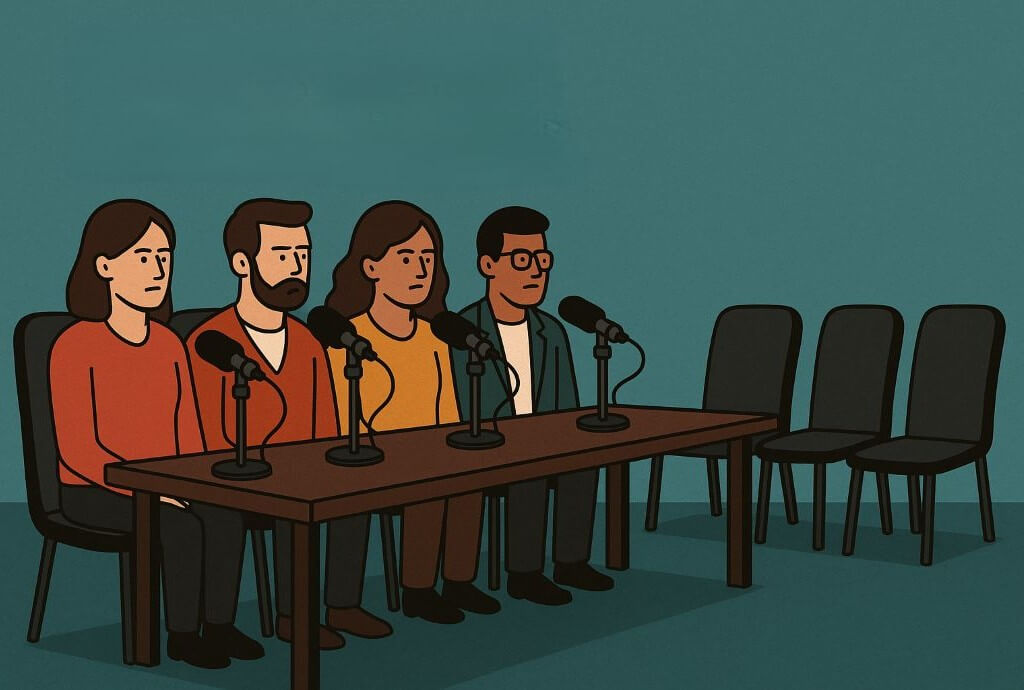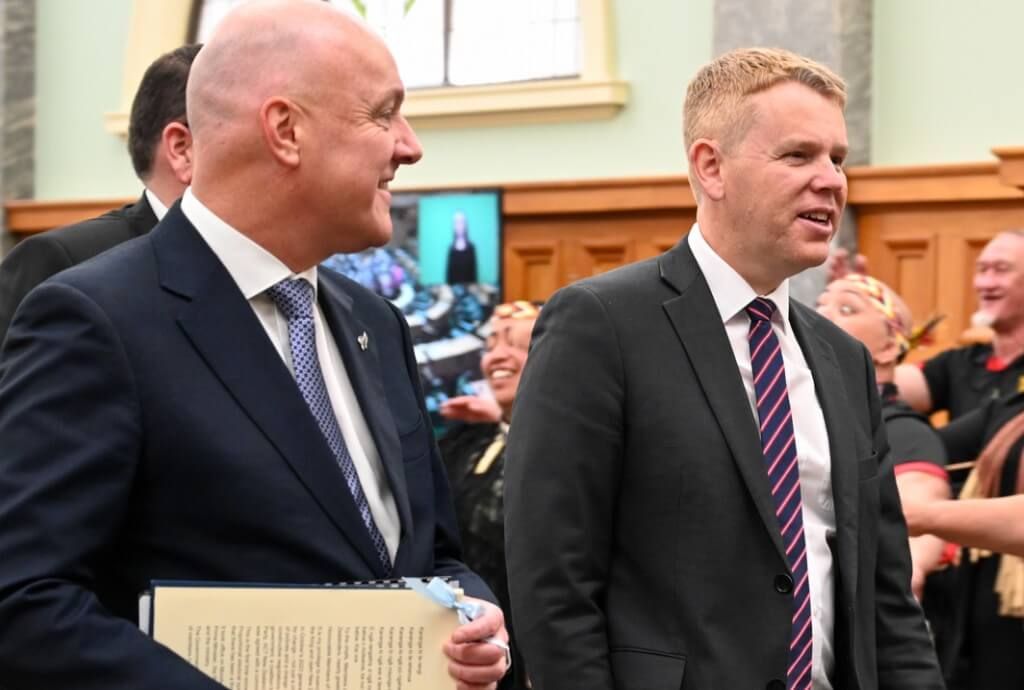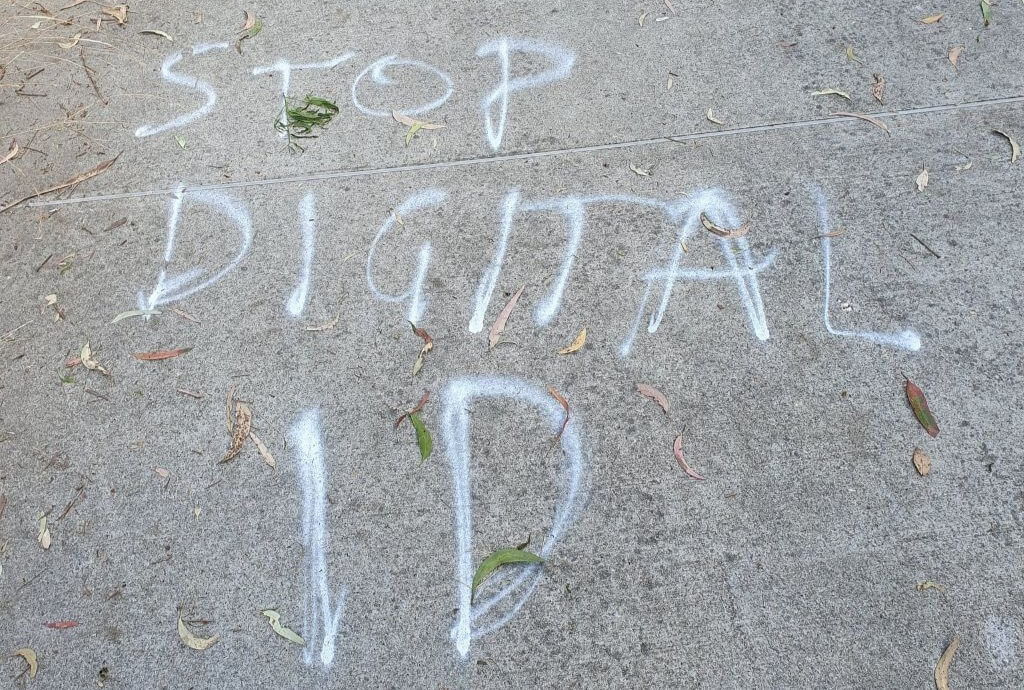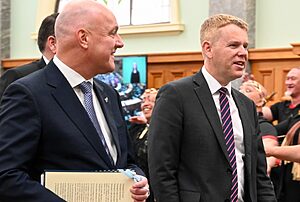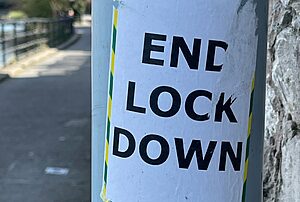Summarised by The Centrist
Professor Bryce Edwards of Victoria University writes about the investigation undertaken by the Cabinet Office following Nash’s most recent integrity violation, in which he had breached ethical standards, including the Cabinet Manual, by providing sensitive Cabinet information to wealthy businessmen. The leaking was made worse because the recipients of Nash’s information had also donated money to the Minister to help him get re-elected. An inquiry was launched to see if other conflicts of interest had occurred.
The investigation found that the Minister had made a habit of deleting his communications with his financial donors, making it impossible for the Cabinet Office to do its job investigating any wrongdoing.
Edwards says the public should be troubled about such practices by Ministers and MPs. Similarly, the use by Nash of a personal Gmail account as well as Whatsapp to correspond with donors is also suspicious and hardly best practice, especially in terms of the need to abide by the Official Information Act.
The Prime Minister said he hoped the process would give the public confidence in the integrity of the political system, but he decided not to give the Cabinet Office any real powers of investigation. Therefore, the Cabinet Secretary simply had to accept that there was nothing she could do about the destroyed evidence, as she was not empowered to do anything to dig deeper or recover the material.
Furthermore, the investigation was limited by the PM’s decision to reduce its scope.
The investigation discovered that Nash had been guilty of another breach of the Cabinet Manual – once again involving one of his major business donors. Phil McCaw is a “close friend” of the politician.
Nash had recommended to officials that McCaw be appointed to chair the Startup Advisors Council, which had the job of supporting Nash as Minister for Regional Economic Development.
The minimal efforts that Nash made to separate himself from the appointment, such as getting another minister (Megan Woods) to make the decision, were not nearly enough. Edwards says the biggest problem was that, once another minister made the decision to appoint McCaw, Nash effectively took back responsibility for managing his friend.
The report uncovered that Nash’s friend and donor also lobbied government ministers to be removed from the scrutiny of an IRD study into New Zealand’s mega-wealthy. Ultimately the lobbying was unsuccessful, and McCaw continued to be part of the IRD study.
Edwards writes that Minister Nash had put himself in this situation by accepting donations from the businessman, and continued to cultivate a close relationship and communications with the donor about policy. Edwards reasonably opines that while it might be true that Nash hadn’t broken the law or even breached the Cabinet Manual, many voters might well feel that such an ongoing relationship of lobbying and donations stinks and that Hipkins is minimising the problem.
Political donors still have special access to decision-makers, and there are not sufficient safeguards in the system to prevent corruption and abuse.
And those Labour supporters who see this as no big deal should ask how happy they would be if the same thing occurs once a National government is back in power.
Read Bryce Edwards: The Troubling report into Stuart Nash’s conflicts of interest at democracy project nz

